My clinical depression (or feeling fit AND sad)
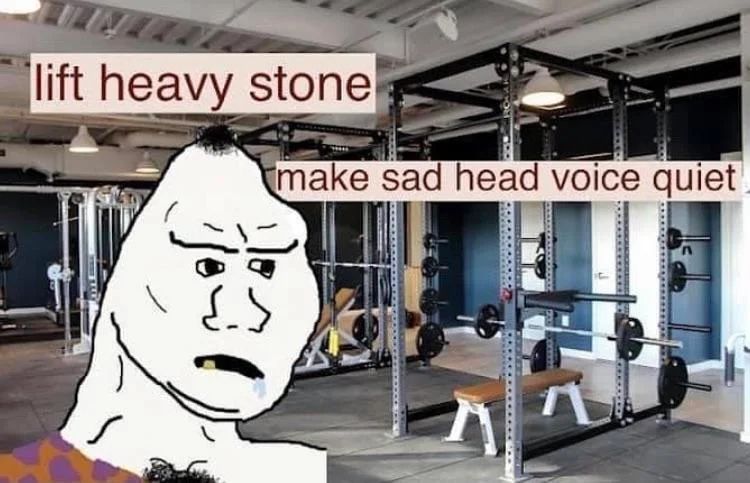
Exercise is one of my lifelines, and right now I'm dangling from the end of the rope.
It's been 12 days since I last worked out. That might be the longest gap in my lifting in seven years. But nothing unusual caused this.
When my day job takes up too many hours or gets too mentally taxing, I come home feeling drained. Even if I have more than an hour left in the day, I don't have the energy to fathom exercising. Sometimes I can't even do the basics, like laundry or cooking. That's how I've felt these last 12 days.
This certainly isn't the lowest I've ever felt, but I'm back in that same valley.
My symptoms are always worse during the winter. Seasonal Affective Disorder hits me hard.
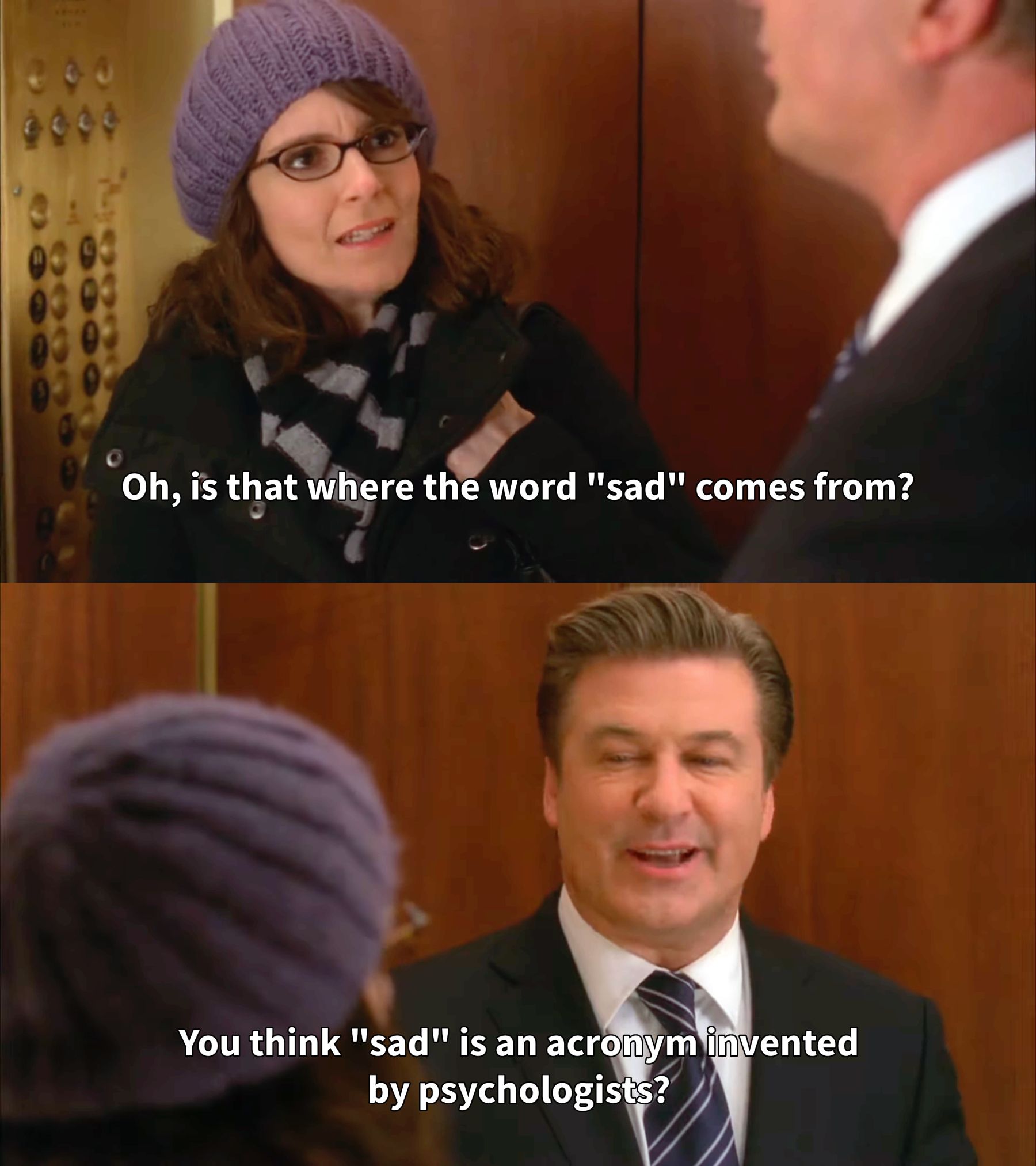
An exhausting trudge through snow and wind is the perfect analogy for the difficulty of ordinary tasks during depression. "This would be easy and even enjoyable during the summertime!"
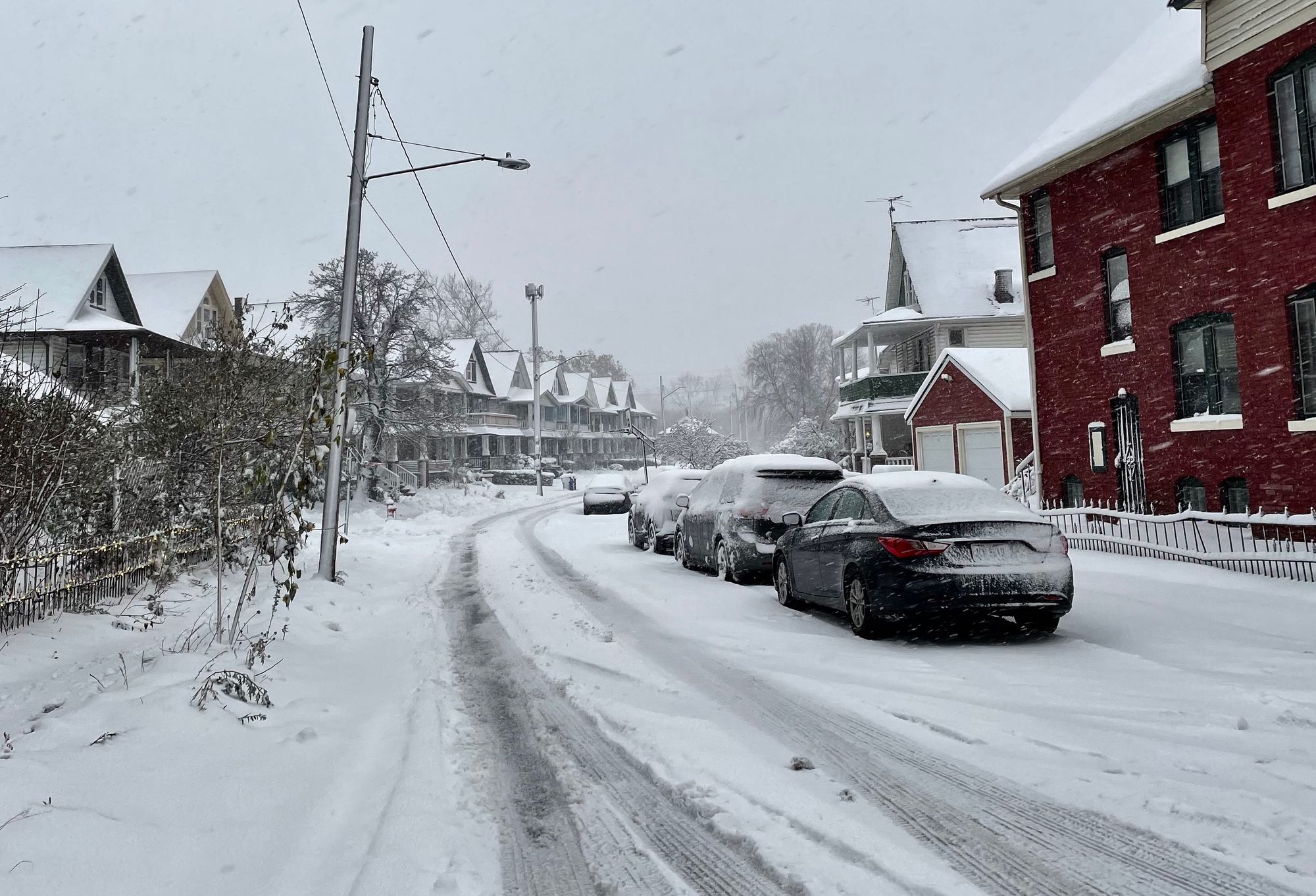
Yet this weekend, as the clouds switch to dumping rain before breaking apart into spring sunshine...my depression keeps sticking around.
Clinical depression is a disorder recurring over the course of years, with a variety of symptoms that can last for weeks at a time without treatment.
My depression is chronic and there is no cure. Warm weather is not a cure, nor is exercise, antidepressants, or therapy...but they are all management tools for me.
What depression feels like

If you are not experiencing depression but want to learn about it, read on.
I am once again climbing my way out of the valley of lows. It's not easy, but I've been here many times before. For me, depression always feels like exhaustion, nail-biting stress, and a constant cacophony of negative thoughts.
My negative thoughts this week
I can't do even one more task. The world is absolutely going to shit — school shootings, "AI" scams, this racist government. I don't even deserve to be depressed though. I hate myself. I hate my body. If I don't work out I might as well die. I don't even have the energy to work out. I can't believe how many days it's been. What a waste. I know I have coping tools from my therapist, but I don't even want to look at them right now. I hate my job. I can't believe I have 12 hours of work tomorrow. I need to sleep more. I'll never get a break. Coffee doesn't even clear my head anymore. The restaurant fucked up my dinner order because they were out of brown rice. I gotta stop eating so many meals from restaurants. I wanted to make pasta tonight, but I'm such a fuck-up that I forgot to buy sauce at the store. I'm always getting in my own way. I can't believe I'm back to feeling this depressed again. I just need the weather to get warm and stay warm. I can't do all this. I will never make enough money to be able to take a long enough break to rest enough to feel human. I hate my parents for bringing me into this world. So many people have it worse off than me, though. Okay even my pets are annoying me now. It's 8:30pm and I still have work to do because I procrastinated today. I can't focus. I just want to be done. Forget it I'm not getting that work done. It's all my fault. I'm a piece of shit. Everyone should hate me. Why am I not drinking as much water as usual. I'm so tired of feeding and watering my stupid self. I'm surrounded by death and people losing loved ones. I should feel lucky but I can't even manage that. My eyes hurt. I give up. I can't keep living like this, hoping for some hypothetical retirement someday. Fuck all the fucking awful people in this world.
I know things are bad when I realize I'm stuck on the couch, catatonic, thoughts racing.
Once I'm drained of energy, I often become a victim of the calendar of my past self. My past self books lots of social events in advance so I can look forward to happy things! But my depressed self becomes exhausted by the effort required to keep those obligations. Even if I still enjoy myself during the social events, I come home as drained as ever.
This week, I've been suffering under a work deadline on top of working a long evening event. Earlier, I'd booked some "me time" at the film festival, but it turned out to be a terrible week for it. Some unstructured rest would have been better.
I know that exercising will make me feel better, too, but without the time or energy, I end up feeling guilt and anger over "missing my workouts" instead.
So I end up in a perpetual bad mood. I stay up late to ruminate or distract myself. I go to sleep feeling unhappy and wake up unhappy.
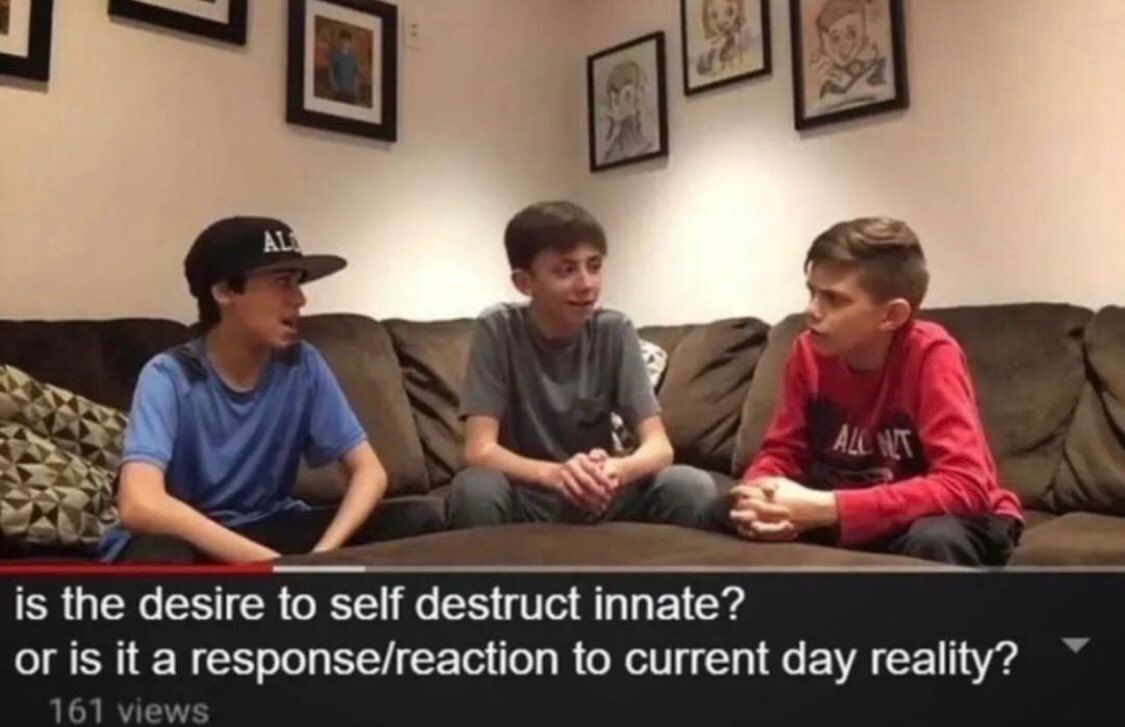
My natural tendency is to look for evidence to confirm and reinforce these negative feelings.
It's easy to find reasons for despair, "what with everything going on in the world right now." I won't list examples here, but you'll find them in any news media you consume. Focusing on the bad adds fuel to a fire that would otherwise burn out.
So if I'm shit, and the world is shit... How am I supposed to live despite all this shit?
Managing my depression and feeling fit, too
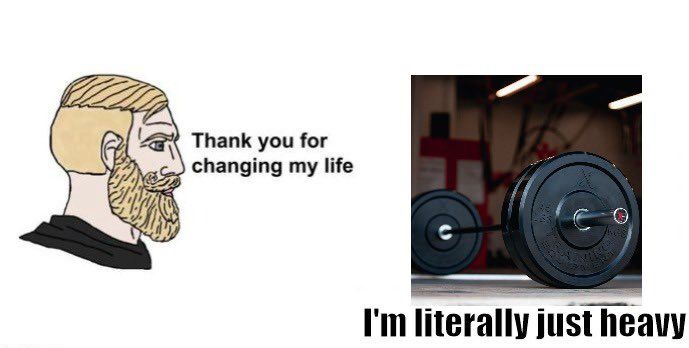
Note: The following is my personal experience, not medical advice. For a scientific approach to exercise for mental health, see this study review.
Strength training has become one of the most positive factors in my life, but it will never be the only mental health tool I need.
I've been in and out of counseling since age 17. Therapy has been life-saving for me, even when I don’t want it.
The stigma around mental health is insidious. Our society paints any mental struggle as a personal weakness unworthy of acknowledgment let alone medical care.
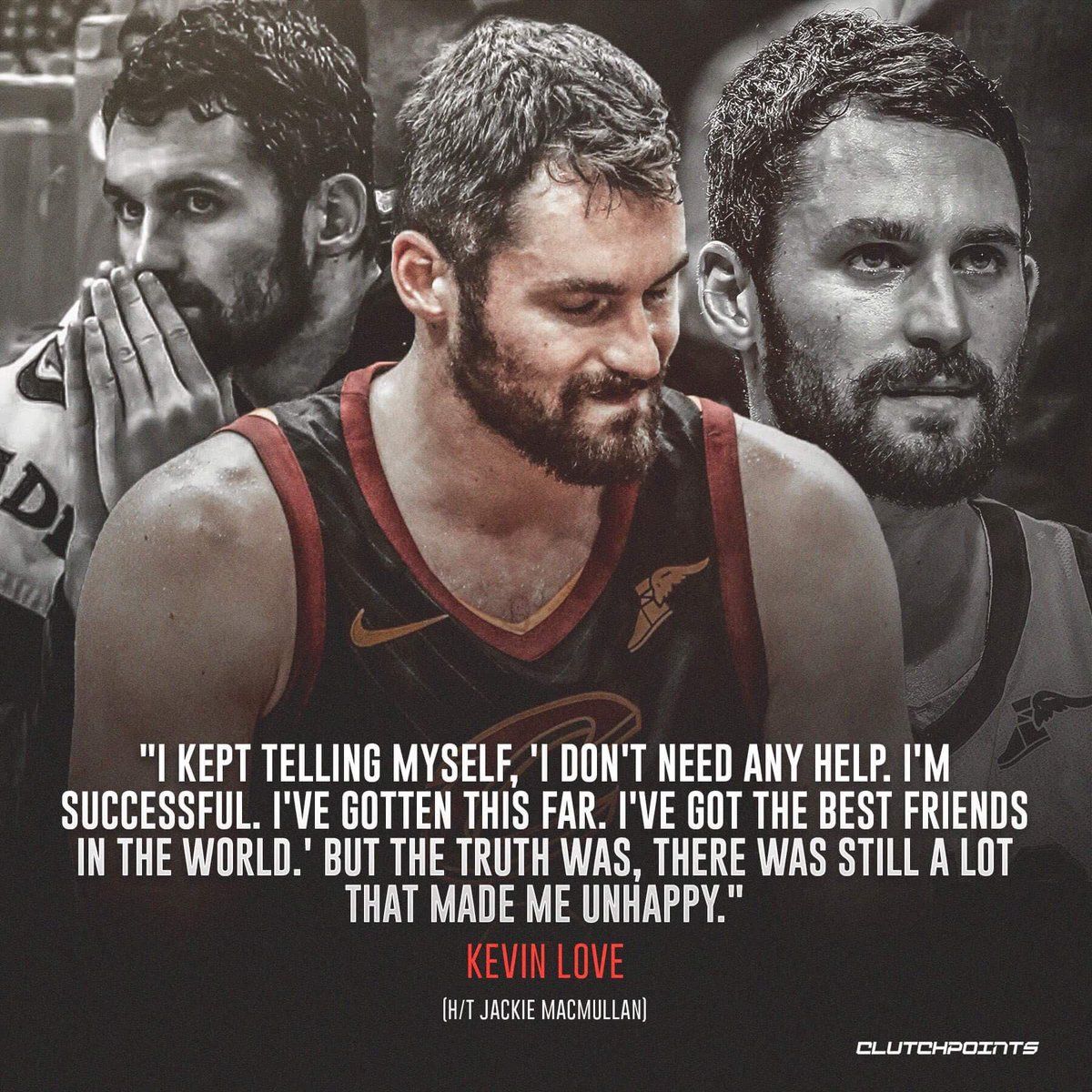
I am lucky, though. I have a supportive husband, and I have a health insurance policy that makes medical treatment affordable enough (though it still feels expensive).
I found my current therapist in 2020 while suffering through the tenth month of pandemic misery with no COVID-19 vaccinations on the horizon yet. I'd been feeling lonely and hated being cooped up, trying to work my job remotely and plan an impossible wedding reception...all while the world outside was in turmoil. And it was wintertime, of course.
My husband told me it was time to get help again. This time I took the extra step of seeking an LGBTQ-affirming therapist. I had to admit to my new therapist that I felt like a failure to be back in counseling. She helped me sidestep that mental trap by focusing on the practical parts of managing my illness, not probing my past traumas. This was a new approach that I hadn't received from previous counselors.
Soon my therapist became very familiar with my patterns of feeling drained, and we made this symptom our top priority, since it disrupted everything else in my life. Over the course of the last 14 months of counseling, we have:
- found the right antidepressant medication with a new physician.
- It was a relief to raise the baseline of my low states, even with the side effects to navigate.
- gradually restructured my calendar and routines to build in more flexibility and rest.
- Without this, I would feel absolutely distraught about 12 days without working out.
- created tactics to combat winter depression.
- This has meant trying new exercises indoors, like climbing, yoga, and rowing, as well as embracing the seasonal cliché of curling up with tea and a book.
- narrowed my areas of concern down to what I can control.
- It feels selfish every time, but when I'm overwhelmed by the ills of the world, I need to focus on my own health instead.
Cold, dark weather continues to be a trigger for me. The running joke with my therapist is her asking, "How are you feeling?" and me responding with a variation of, "Well, it was cloudy all week." But now when a lack of sunlight feels like the last straw, I'm not left broken without any options.
In addition to these accomplishments above, my therapist has helped me with two larger revelations.
Recognizing primary and secondary emotions
The constant negative thoughts sap my energy. Exercise is a broadly recommended way to clear your head, but if I don't even have the energy to exercise, the negativity continues uninterrupted. How else do I stop the thoughts and allow my energy to replenish?
Learning the concept of primary ("natural") and secondary ("manufactured") emotions from my therapist has been one key to solving this conundrum. The concept is an added layer to the emotional categorization work by Robert Plutchik and can also explain prolonged emotional responses in PTSD (post-traumatic stress disorder).
Secondary emotions arise from how the primary emotion made us feel and can continue long after the trigger.
A secondary emotion is often a learned response from past experiences. When a close call on the highway makes you feel fear (primary emotion), your learned response from a previous car accident may have you feeling apprehension and shame (secondary emotions) for the rest of your day, week, or month.
Identifying your emotions is a form of mindfulness. The word "mindfulness" typically makes me think of meditation apps, but it's also a practice of just noticing your thoughts or your surroundings without judgment, at any time and during any situation. (I had my mind blown in 2015 when NPR's Invisibilia explained mindfulness therapy as a third approach to dark thoughts, along with psychoanalysis and cognitive behavioral therapy.)
Normally my thoughts go something like...
I have to pack this lunch quickly because today is gonna be so busy — oh fuck, I spilled trail mix all over the kitchen floor. FUCK.
Primary emotion: anger
Now my work day is off to a terrible start, and it's only Tuesday. I'm such a failure, and more things will definitely go wrong. By the time I finish working to make up for being late this morning, I will be too fried tonight to do the laundry I've been putting off. So tomorrow will be worse because I won't have clean pants. Of course it's raining today, too, and I just saw that Ohio legislators released another bill to attack my community. I hate my life and Ohio and everyone.
Secondary emotions: despair, helplessness, pessimism
Those thoughts will have me "spiraling," and the spiral can continue for weeks, whirling like a hurricane, continuously fueled by the winds of the world.
But now I can notice that these thoughts are unrelated and disproportionate to my kitchen mess that morning. I can also think of an exception to my harsh generalizations, like "I helped my friend by dog-sitting last week, so I'm not a failure." Sometimes that's enough to take the wind out of my dark thoughts.
If the secondary emotions keep going, though, my next tactic is to take one, tiny step toward feeling better. Often this is an action that feels like the opposite of what I want to do.
- It could be postponing an hour's work from this difficult day, even if it disappoints someone.
- It could be a "lazy" evening of ordering dinner and washing a small laundry load of only the clothes I need for the rest of the week.
- Often it's just saying to my dog, "Do you want to go for a walk?" because his joyous reaction means I have to walk down the block at the very least.
Any step that makes my situation feel slightly better will short-circuit my assumption that everything gets worse.
The goal is to allow my initial emotions to burn down naturally, which does not take very long, while observing them without judgment...and then to take away the fuel that keeps secondary emotions burning.
I'm still practicing this with my therapist, but interrupting the thoughts that drain me is allowing me to recharge my battery enough to take the next positive action.
Using exercise for depression management

My therapist and I quickly identified physical activity as a major regulator of my mood. And exercise has tons of benefits for depression, ranging from endorphin release to social connection with others.
When I exercise,
- I can let go of worries while focusing on my movements.
- I feel accomplishment and higher self-esteem!
- I sleep better.
- My depressive symptoms decrease and my energy increases.
But when I'm in a low state, my strength workouts (plus braving any cold weather to get to the gym) feel like too much, and I can't even begin. And then "missing" my planned workouts can start an emotional spiral. I hate when things don't go according to plan.
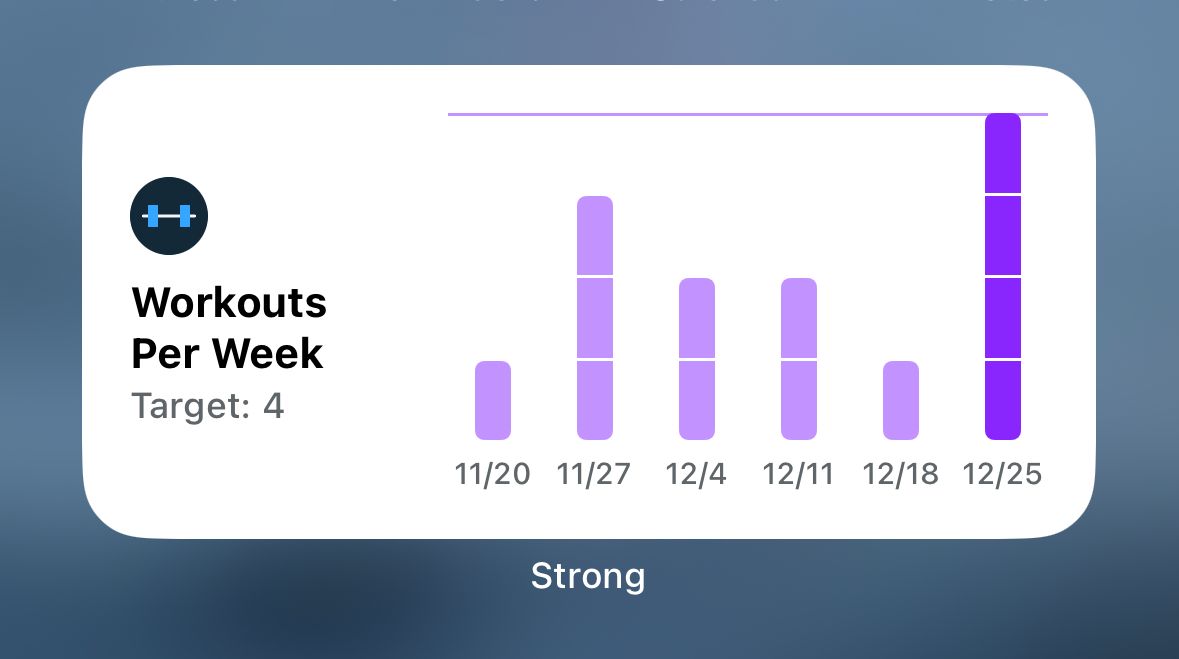
So I'm learning to accept that I'm not failing when I don't work out as planned. Counterintuitively, exercising less can actually help me get back to the workouts I love.
My therapist has helped me get past an "all-or-nothing" view of my fitness goals.
There are many small "fitness" actions related to my goals that I can take while my energy is replenishing:
- Rest or go to bed early.
- Cook something simple, like a big batch of rice, to make future meals easier.
- Take a Vitamin D supplement, if only for a placebo effect.
- Read and write about fitness topics that interest me.
- Take a short walk (or just step outside) to break up the work day.
- Drink more water, always.
- Whenever there is sunshine, get under it!
Sometimes I try one of these actions and then laugh to myself when it makes a difference. I think, "I hate that doing this one stupid little thing actually works," and yet it works anyway.
During weeks when I'm feeling more motivated but still not quite my full self, I can do a shorter version of my strength routines. If you feel motivated to do a workout you enjoy, but your energy level falls short, make adjustments and stop before exhaustion. And instead of thinking, this sucks because I'm not progressing the way I want, I remind myself, any workout is better than no workout.
When I feel rested, motivated, and energized, I always have a workout that feels great! For me, that incredible feeling is worth every step it takes to get there.
Beach yoga in July, the metaphysical opposite of winter depression
Regardless of what any "jacked in just six weeks" program tries to claim, "fitness" is not an end state. We don't "lose" our fitness when our regimen changes. Fitness is an ongoing practice based on what makes you feel stronger and more connected to your body.
Through that lens, I've accepted that managing my depression is part of mastering my fitness practices, even when it means doing things differently than I want. In caring for my mental health, I'm making myself fitter for the next challenge, mental or physical.
And today, after a good night's sleep and a cold-but-sunny walk, lifting is really sounding good again. Instead of a 13th day off, I'm going to have a great first day back at it.
Lastly, I must reemphasize that depression is real, depression can be treated, and depression is not a personal failing. None of us is a failure for seeking treatment for an illness. If you feel sad, low, or burned out, don't blame yourself. Believe that you deserve to feel better and take the next, smallest step to get there.



![Book recommendations [updated]](/content/images/size/w750/2024/07/Screenshot-2024-07-08-at-8.01.24-PM.jpg)

